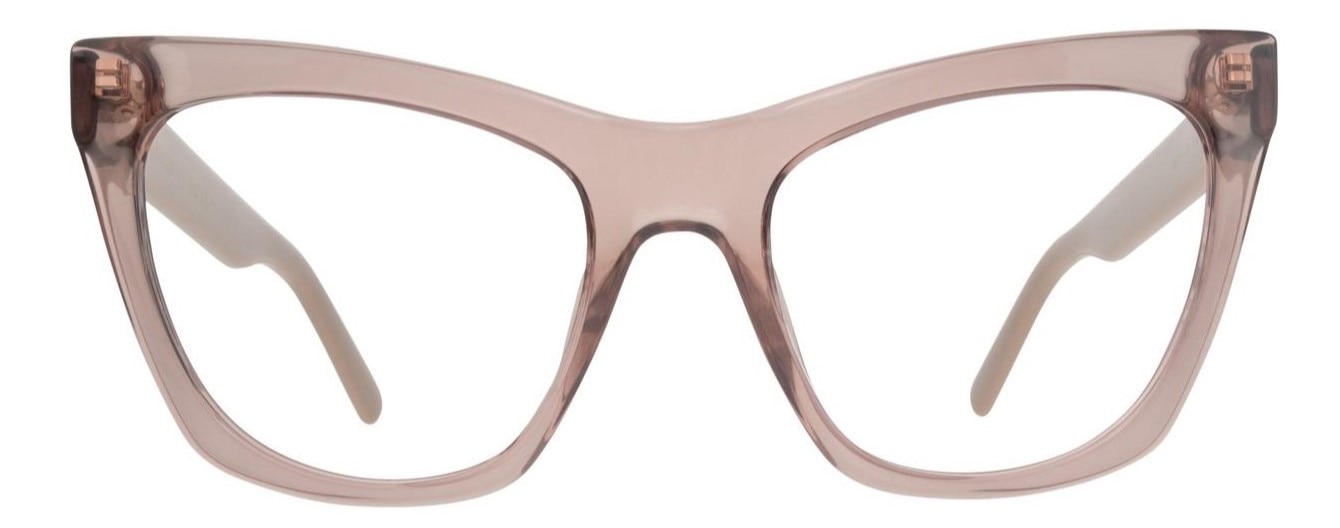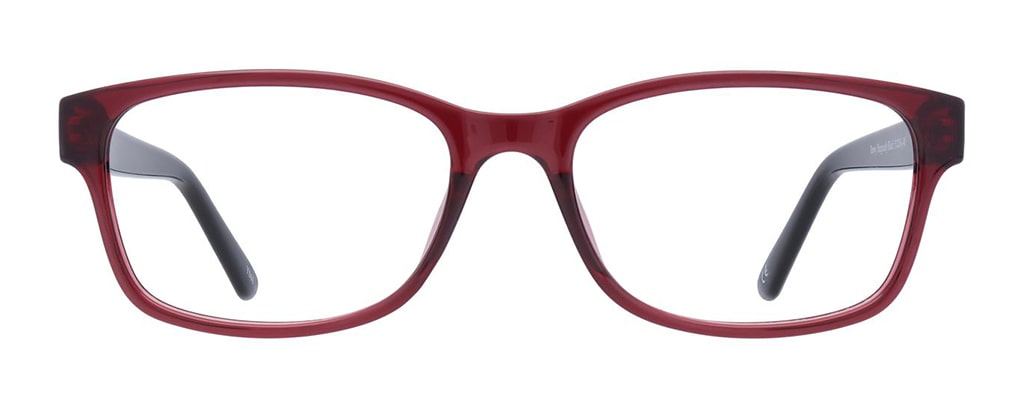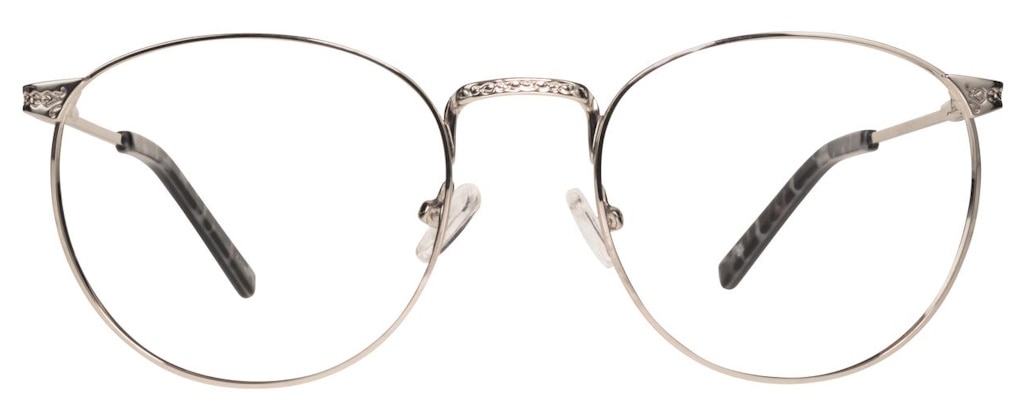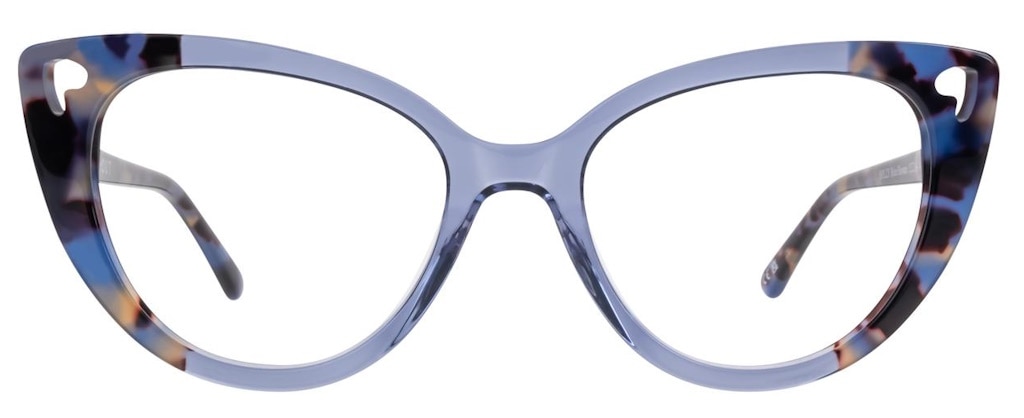Despite being very unusual, grey eyes do in fact exist. They’re cool-toned, captivating and often have an enigmatic charm that sets them apart. The Ancient Greeks believed this rare eye colour was a true reflection of wisdom. While people with grey eyes may appear strong or mysterious, they’re often described as calm, gentle and insightful.
Are you one of the lucky few to have a unique grey eye colour? Or do you know someone who is? Many people mistake grey for blue eyes — but there’s a real difference. Keep reading to discover what causes this unique eye colour, why it’s so rare, and how your genetics play a part.
What causes this distinctive eye colour?
Your eye colour is determined by the amount of melanin in the front layer of the iris — the coloured part of your eye that surrounds the pupil. Melanin comes in two forms: eumelanin, which is brown/black, and pheomelanin, which is red/yellow. Together, they influence the full spectrum of eye, hair, and skin tones.
- Dark eyes (like brown eyes) have high amounts of melanin, mostly eumelanin.
- Amber, green, and hazel eyes have moderate amounts of both eumelanin and pheomelanin.
- Grey and light blue eyes have very little melanin overall, which is why they appear so light.
In fact, grey eyes lack pigment in the front iris layer almost entirely. Instead, light scatters off the collagen fibres in the stroma (a clear layer of tissue), creating the soft, silvery hues we see. This scattering of light — known as the Rayleigh scattering — is also why lighter eyes can appear to shift in colour depending on light and surroundings.
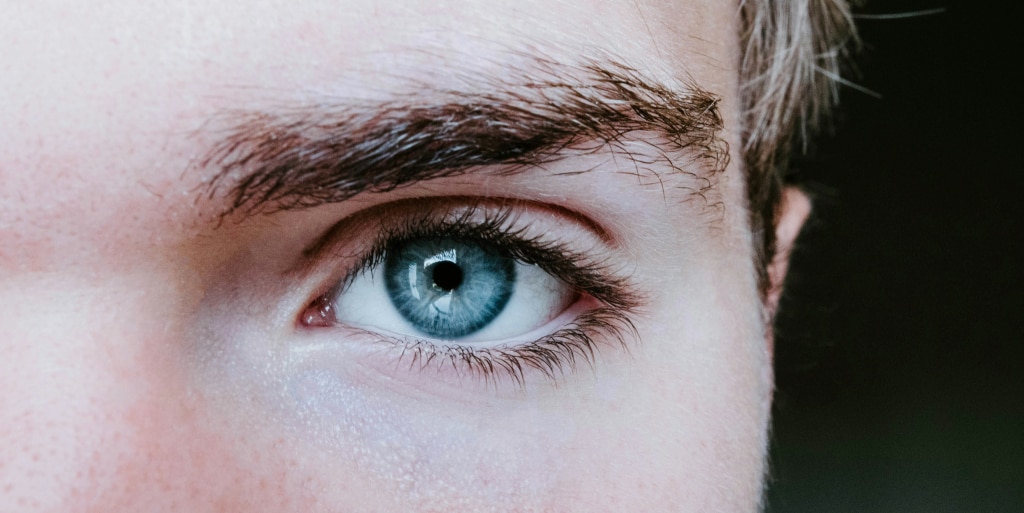
How rare is this eye colour?
It’s hard to pinpoint exactly how many people have this eye colour because it’s often mistaken for blue. However, it’s thought that only around 3% of the global population has natural grey eyes, making them one of the rarest eye colours in the world.
They’re most common among people of European descent, especially, those born in European countries like Norway, Iceland, Sweden, Ireland, Finland and the Baltics. In Asia and Africa, however, grey eyes are one of the rarest eye colours. In these locations, the world population tends to have higher levels of melanin and therefore darker eyes and darker skin due to evolutionary sun exposure.
Amber eyes are also very unique and shine with a golden-honey hue, while purple eyes are even rarer, often linked with albinism. Grey eyes, however, remain one of the most uncommon and mysterious of all.
Are grey eyes more sensitive to light?
Yes — and here’s why. Melanin pigment in the iris helps block harmful light. Since grey eyes contain less melanin, especially in the front iris, they allow more light to enter the eye.
That’s why people with lighter eye colours, like blue or grey, often experience increased light sensitivity and discomfort in bright conditions. Without enough pigment to filter intense bright light, their eyes are more exposed to UV rays and High Energy Visible (HEV) blue light.
This sensitivity increases the risk of conditions like:
- Ocular melanoma (a rare eye cancer)
Eye care tip: Protect your eyes with 100% UV-blocking sunglasses or UV protective contact lenses. If you spend a lot of time in front of digital screens, it’s also worth investing in blue light glasses. We also recommend regular eye exams and staying up to date with your eyewear prescription. Prioritise your eye health just like any other part of your wellbeing.
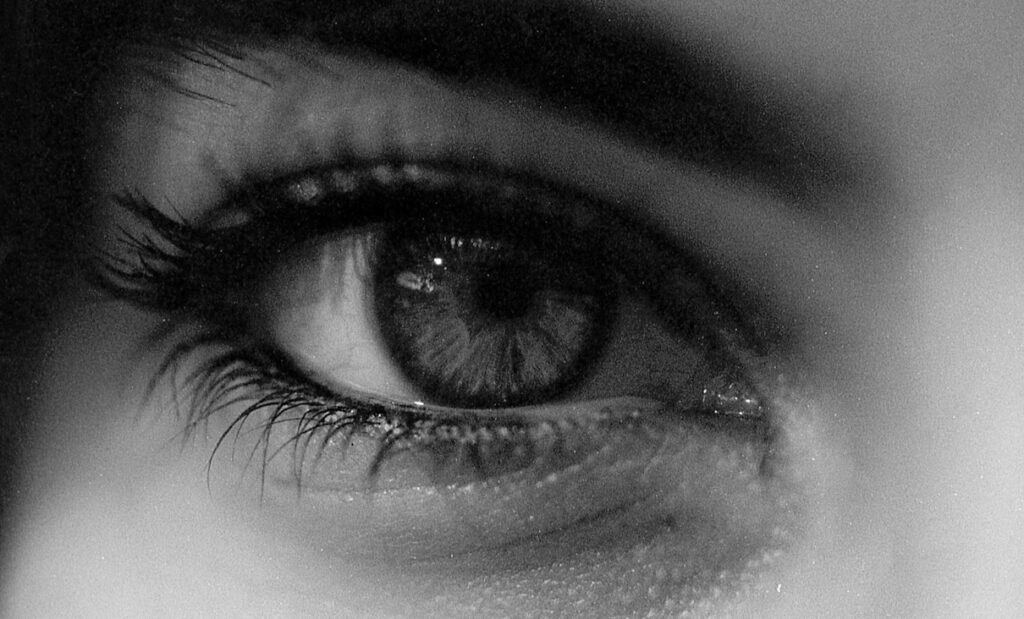
Grey vs. blue eyes: what’s the difference?
People often mistake these two eye colours, but they’re not the same. Both have a lack of melanin, which makes light scatter in the iris. Blue eyes reflect more light, creating a vivid sapphire colour, while the extra collagen in grey eyes scatters light further, giving a softer, cloudy look. This unique contrast is what makes them so striking. Their rare appearance adds to their allure — and for many, they’re considered one of the most attractive eye colours.
To tell them apart:
- Blue eyes – royal or sapphire tones, lighter at the edges, darker in the centre, with gold or yellow flecks.
- Grey eyes – darker rims, lighter centres, often with subtle brown specks.
Grey vs green eyes
These two eye colours differ more noticeably than grey and blue. Green eyes still have low amounts of melanin, but more than blue or grey. This small amount causes the Rayleigh scattering, which reflects light instead of absorbing it. They also contain lipochrome, a yellow-brown pigmentation that gives green eyes their distinct tone.
What about green-grey or smoky eyes?
Some people have grey-coloured eyes with hints of green, blue, or even hazel. These are sometimes called:
- Green-grey eyes
- Smoky eyes
- Steel grey
- Icy grey
- Blue-grey eyes
- Grey hazel eyes
These subtle grey hues are often enhanced by lighting or surroundings, or even contact lenses.

Is eye colour genetic?
Yes — though it’s more complex than people once thought.
Previously, it was believed a single dominant gene determined eye colour, where darker eyes were dominant and lighter colours were recessive. So, for a child to have lighter-coloured eyes, both parents would need to carry the recessive gene.
Today, however, it’s known that multiple genes are involved in types of melanin and its expression. Grey eyes don’t follow a simple dominant/recessive pattern. Instead, they’re believed to be the result of a genetic mutation in melanin production that limits pigment in the iris.
What glasses suit my eye colour?
Grey eyes are incredibly versatile. Their neutrality means they can pull off a wide range of frame colours. We recommend:
- Grey, purple or silver glasses – enhance the natural shade
- Deep blue frames – bring out cooler tones
- Tortoiseshell – adds dimension without overpowering the eyes
Explore our range of designer glasses to find the perfect frame to complement your eye colour.
Final thoughts
Grey eyes are a rare and beautiful feature. Whether you’re embracing your own natural eye colour or just curious to learn more, understanding how melanin levels affect your eye tone is key.
Explore our full range of glasses and sunglasses designed for all eye colours — and remember, caring for your eyes never goes out of style!


